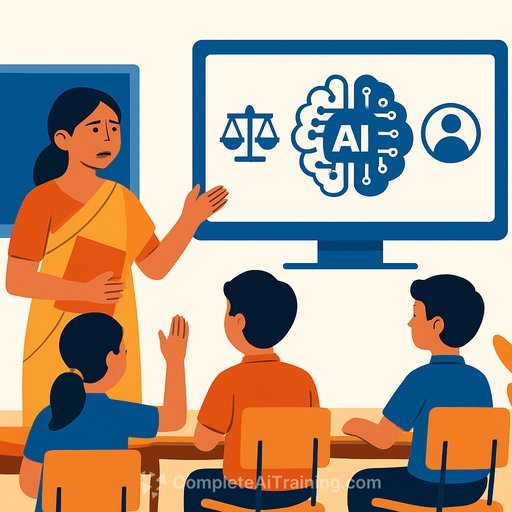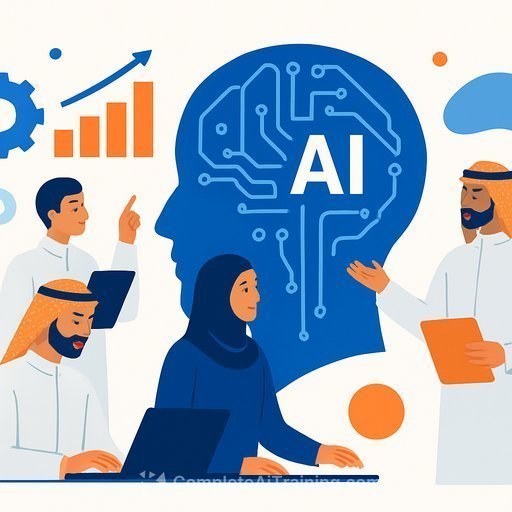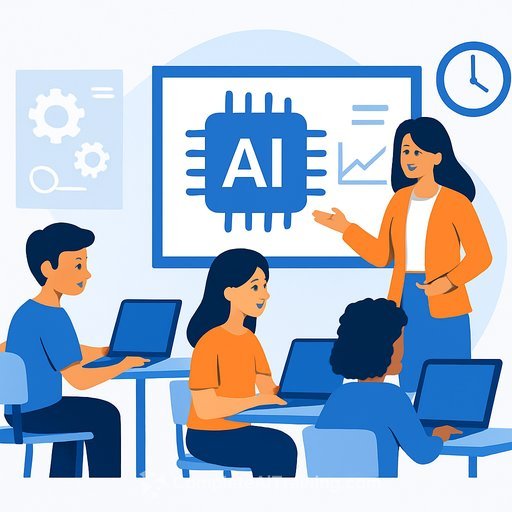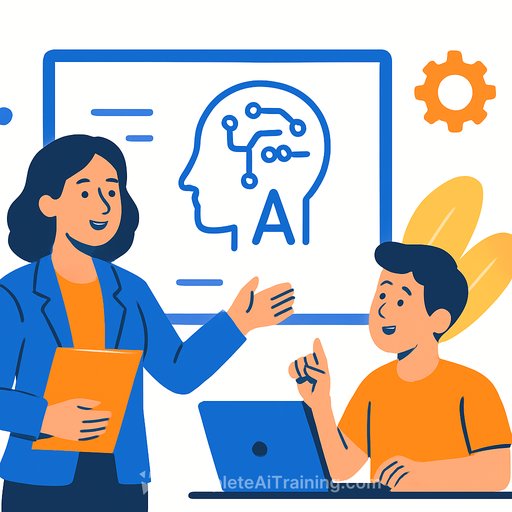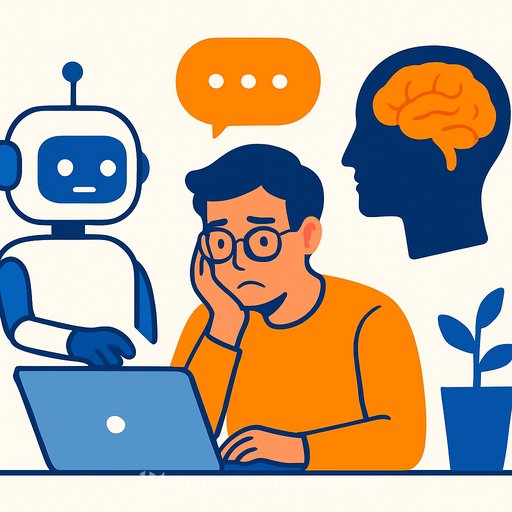How UNESCO is training policymakers on ethical AI in education
UNESCO used Digital Learning Week to run a hands-on workshop for education officials: "AI in Action: Project-based Learning for Education Policymakers." The goal was simple-help leaders use AI responsibly, protect rights, and deliver real learning gains. The training covered AI systems, governance, and classroom use, with a constant line back to ethics, data quality, and local needs.
Participants worked end-to-end through the AI project cycle. They identified problems worth solving, checked feasibility, assessed data, selected models, tested, and planned implementation.
What policymakers learned
- AI must fit context: Start from education priorities. Build for the needs of your learners, teachers, and institutions.
- Teachers must be involved: Their input keeps tools aligned with curricula and daily practice.
- Data matters: Access and quality drive outcomes. Public systems often struggle when key data sits on private platforms.
From theory to action
The workshop blended short lectures with team exercises. Policymakers mapped AI entry points across their systems and walked a structured development cycle: needs assessment, data evaluation, model selection, testing, and implementation planning.
High-potential applications stood out. Personalised learning and workload reduction for teachers were consistent front-runners.
UNESCO's AI for the Public Sector programme
This session is part of UNESCO's AI for the Public Sector Programme, launched in 2021 to support human rights-based digital transformation. The programme has engaged 50 countries so far.
UNESCO's Digital Competency Framework has guided AI strategies in Nigeria and Rwanda, and informed adaptations across the EU and India. Next up: a Global MOOC on Digital Transformation and AI, a public repository of AI tools, and new training modules for civil servants.
For background on UNESCO's principles and guardrails, see its AI resources here.
Why this matters for education leaders
AI can reduce repetitive tasks and personalise support, but only if projects start with clear learning goals and strong governance. This workshop pushes leaders to build what schools actually need, not what vendors pitch.
Quick checklist for ministries, districts, and school networks
- Define the problem in learner or teacher terms. Write the success metric up front.
- Audit data access, quality, consent, and retention. Plan for gaps before you build.
- Co-design with teachers and students. Run small pilots with classroom-level feedback.
- Choose the simplest model that meets the need. Document risks and mitigations.
- Include data-sharing, privacy, and exit clauses in procurement.
- Test for bias, accuracy, and accessibility. Track outcomes, not hype.
- Provide professional development and clear guidance for classroom use.
- Set governance: roles, oversight, incident response, and review cycles.
Next steps
If you lead policy or implementation, start with one high-need use case, prove impact, then scale. Tie every AI initiative to curriculum goals, teacher workload relief, and learner equity.
Want structured upskilling for your team? Explore job-aligned AI learning paths here.
Your membership also unlocks:

